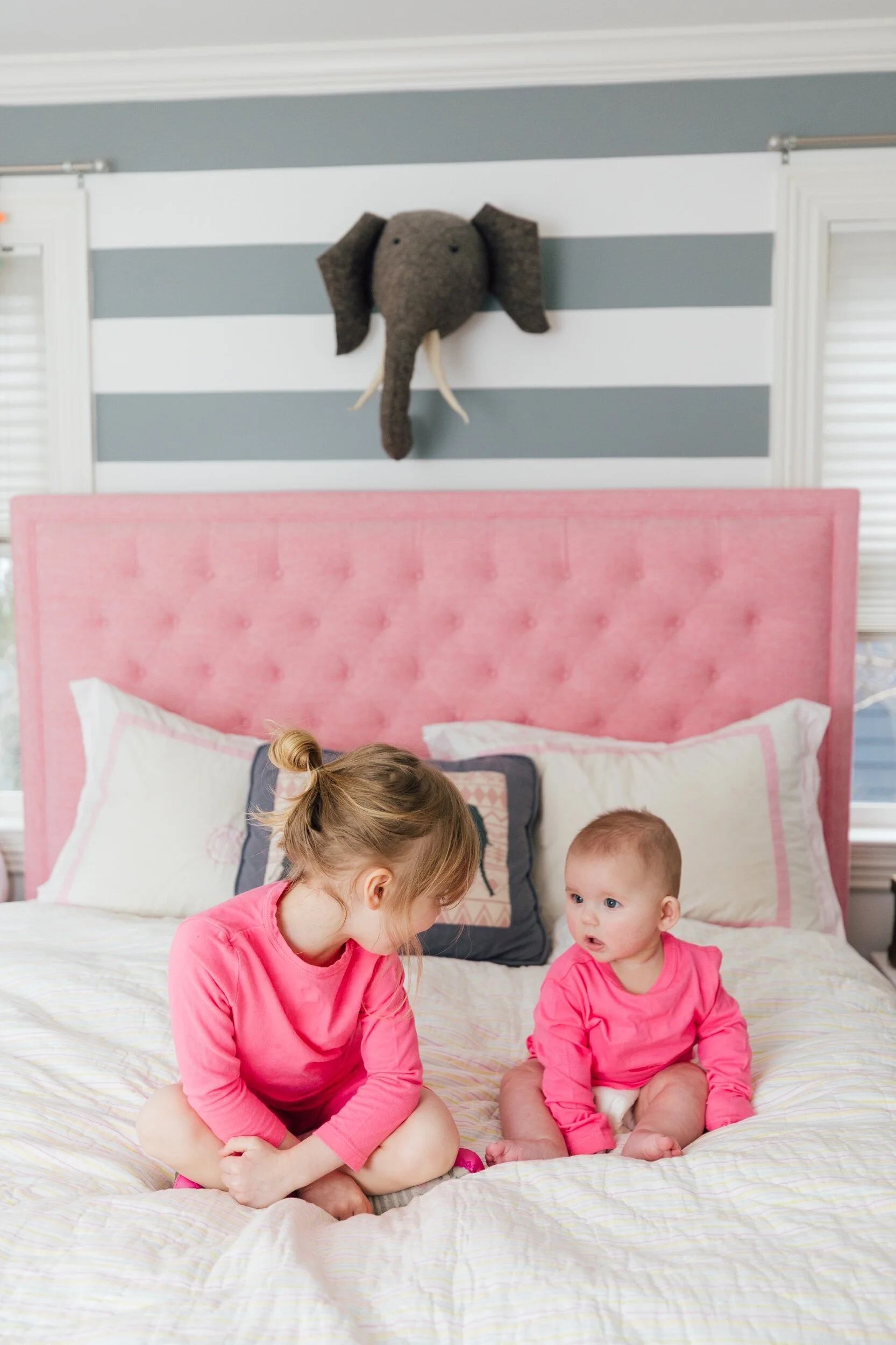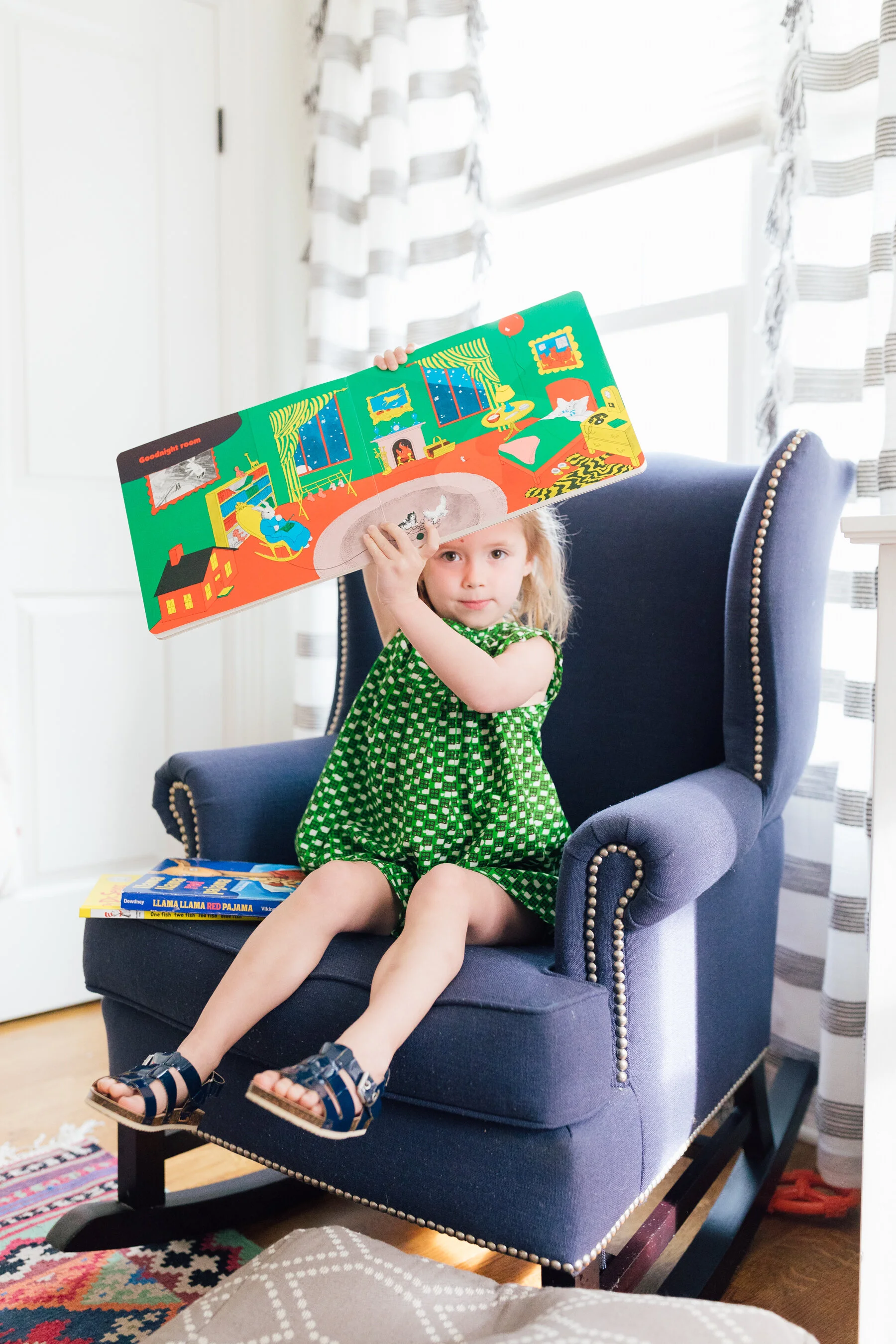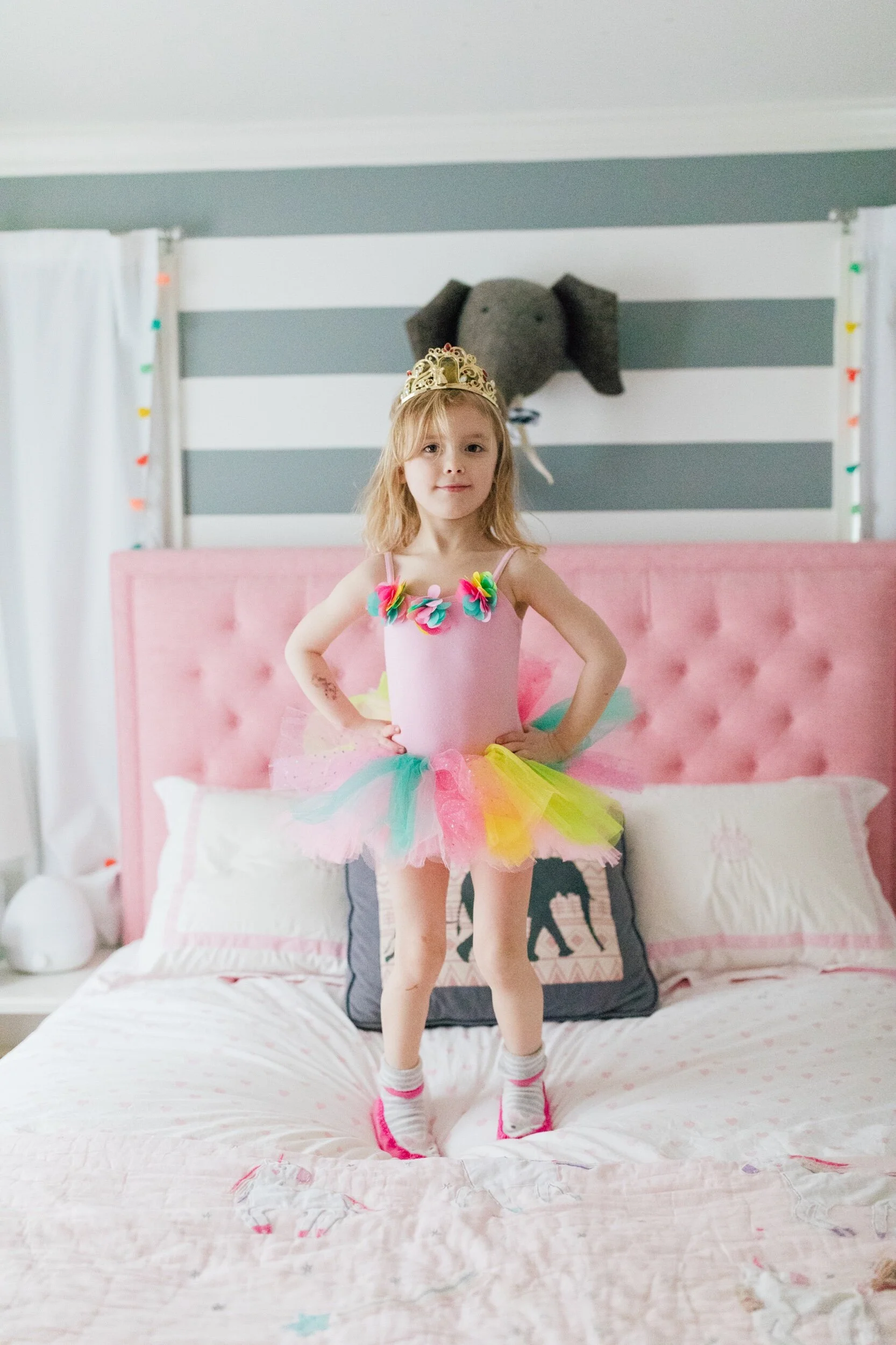Talking To Kids About COVID: From a Psychologist
One of the most challenging aspects of handing the recent pandemic, for us, has been explaining all the sudden and immense changes we’ve experienced to our four and a half year old. My heart hurts for all the kids that have been affected by this crisis- in so many different ways.
Recently, I had a virtual date with one of my longtime best friends, who also happens to be an incredibly smart and skilled psychologist. I asked her to send over a few tips to help all of us navigate the somewhat difficult task of explaining this situation to littles and, thankfully, she obliged.
Here are some tips for talking to your children about Coronavirus from Dr. Jaclyn Sousa, PhD:
Keep it simple and vague
Children pay close attention to our reactions, both verbal and non-verbal, especially in a time of confusion and change of routine. Make sure you are taking care of yourself so that you can be a support for your child/children. Try not to focus too much on the virus itself. Instead, explain that there is a cold going around that is making people sick and that we want to do our part to make sure no one else gets sick. We are taking a break from spreading our germs so that those who are sick have space and time to rest and recover.
Explain responsibilities
We all have a few responsibilities in our lives. This new normal is simply a new responsibility we all have. Try explaining that this is similar to chores we do in the house: we have chores so our house stays clean; now we have rules so we can keep our germs to ourselves. We are all practicing good behavior to keep each other safe: giving each other space, washing our hands, sneezing and coughing into our elbow, staying home and not spreading germs so that our schools, houses, stores and play centers can stay really clean for when we return!
Reassure
It’s important to remind the children that it‘s the job of the adults to make sure that the children are safe, and that the adults are doing a really good job of doing so. Reassure them by expressing that they are not sick and no one in the family is sick- but only if that is true.
Give your children the space to express their feeling
There is no denying that these times are frustrating and overwhelming for all of us. That said, every person’s struggle is unique. Let your child express his or her feelings — be comforting, compassionate and understanding. It IS unfair we can’t see our friends, it IS sad we can’t play with our neighbors! Let your children feel heard, and don’t immediately move to problem solving. Wait it out, let the children sit with their uncomfortable feelings. Then together come up with plans, ideas and ways to combat the negative feelings!
Keep a routine
Kids (and adults!) need structure and routine as part of our emotional and physical well-being. The first week or two will be the hardest adjustment for children, and it’s important to make sure there is structure and a solid schedule in place. Have your children help you with the schedule! They can teach/tell you about what they do at school, the parts of the day they love and want to keep up at home. Then you can create some aspects of the day they want to add to their home schedule. Allow your children to feel a sense of control over their day and schedule in these times of uncertainty and change.
Be honest. And distract.
Explain that this is not forever; but that it will be for a while. Both kids and adults are experiencing a lot of loss during this time. So it’s important to redirect the focus to what we are GAINING during this time: more family time, new routines we can keep forever, more FaceTime with grandparents, more time to cook and bake together, to watch movies together, and learn new crafts.
model good behavior
This is also a wonderful opportunity to teach our children some important lessons: we can model good behavior by showing empathy for those that are sick, by making cards for elderly that are separated from their family members, and individuals sick in the hospital. Keep the focus less on the actual virus and more on what we can learn, and how we can grow as a family and community during this time!
**As always, it is important to note that I, myself, am not a doctor or psychologist. These tips are from an interview with a psychologist. If you have questions or concerns, please consult your doctor. Be well!
photos by Julia Dags











